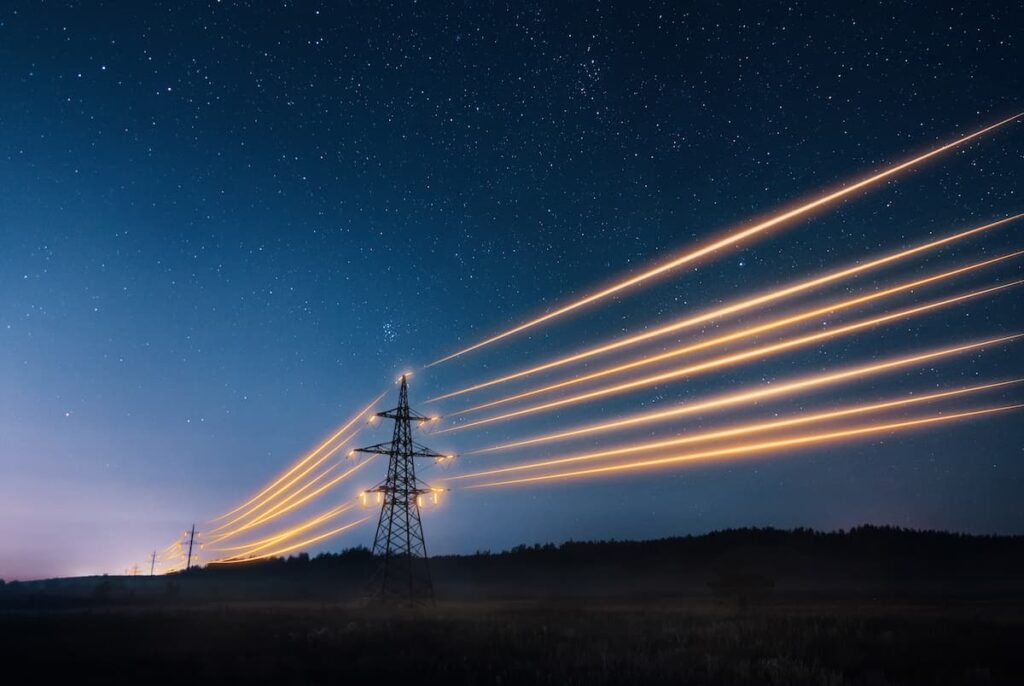The European Union has unveiled a comprehensive plan to eliminate its dependency on Russian energy sources, marking a major shift in its energy and security policies. Through a structured and secure process, the EU will gradually phase out Russian gas, oil, and nuclear energy, while ensuring energy stability across all member states. This strategy is part of a broader vision to strengthen the EU’s autonomy and resilience in the face of geopolitical tensions and economic pressure.
A New Energy Vision for Europe
The European Commission has introduced a strategic roadmap that outlines how the EU will completely cut off its energy ties with Russia. The initiative is part of the REPowerEU plan, a policy framework created to address the vulnerabilities in Europe’s energy infrastructure and to diversify its sources of supply. The goal is to secure energy that does not contribute to financing conflicts or deepen dependency on politically unstable partners.
In the context of global instability and rising geopolitical tensions, the EU recognizes that energy must not be used as a tool of coercion or blackmail. The shift towards full independence from Russian energy is not only a political move but also a commitment to long-term sustainability and energy security.
Reducing Risk, Ensuring Stability
Although the EU has already made significant progress in reducing its reliance on Russian fossil fuels, the latest assessment shows a concerning rebound in gas imports from Russia. This unexpected increase highlights the need for stronger coordination among member states and more decisive action to protect the Union’s energy infrastructure.
The Commission views this overdependence as a major security threat. By continuing to rely on Russian energy, the EU remains exposed to price shocks, supply disruptions, and external manipulation. The roadmap offers a concrete strategy to mitigate these risks, emphasizing coordinated actions to safeguard energy markets and maintain stable pricing for consumers and businesses alike.
The phase-out process is designed to be gradual and synchronized across the EU, ensuring that all countries transition in a way that aligns with their specific needs and existing energy structures. The plan also supports the broader transition to cleaner and more sustainable energy sources.
Coordinated Action Across the Union
A central component of this roadmap is collective action. The plan underscores the importance of unity among member states, calling for consistent policies and collaborative efforts to replace Russian energy imports with diversified and reliable alternatives. Through shared commitments and joint infrastructure projects, the EU aims to build a more resilient and self-sufficient energy ecosystem.
This approach is not only about cutting ties with one specific supplier; it’s about redefining how energy is sourced and distributed across Europe. By diversifying supply and investing in long-term solutions, the EU is preparing for a future where energy is no longer a source of vulnerability, but of strength and stability.
Towards a Secure and Sovereign Energy Future
The EU’s decision to end its reliance on Russian gas, oil, and nuclear energy marks a pivotal moment in the continent’s energy history. It reflects a broader understanding that energy security is inseparable from political independence and economic stability. By taking control of its energy future, the EU is sending a clear message: the region will no longer allow its infrastructure to be influenced or undermined by unreliable suppliers.
As the EU implements this plan, it will continue to prioritize stable supply and fair pricing for its citizens. The REPowerEU roadmap offers a clear path forward — one that balances immediate needs with long-term resilience. In doing so, Europe is not only protecting its own interests but also reinforcing its support for international peace and cooperation.


